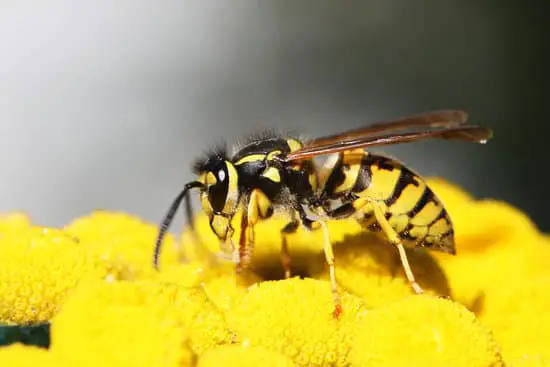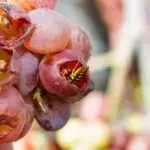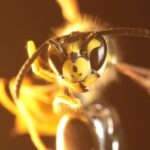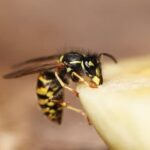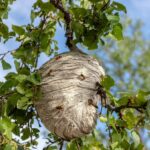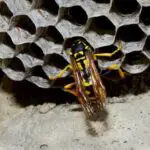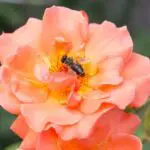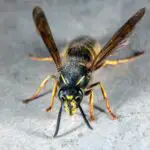Wasps – What Purpose Do Wasps Serve?
Despite their reputation as scarecrows, wasps have a number of useful roles in the environment. They are important pollinators, predators, and population controllers. They are also important for maintaining ecological balance and resilience. Several wasp species are used by agricultural scientists to control pests.
The most common species of wasps are eusocial. These social insects live in a nest with a female egg-laying queen. They build a nest in a cavity, such as a tree hole, and house hundreds of predatory workers.
The female wasps go out looking for food, and bring back their prey to the nest. The workers take care of the queen, and raise a new generation of workers. Depending on the species, the amount of food eaten by the colony can vary. Usually, a colony of social wasps can collect as much as 8kg of prey a year.
Wasps are able to kill pests and other invertebrates, and are also very good at cleaning up dead flesh. Some species of wasps also act as parasitoids, consuming other insects.
Wasps belong to the Order Hymenoptera, which includes ants and bees. They are important pollinators of 164 plant species. Without pollinators, flowers would have a reduced chance of reproductive success.
Many of the most commonly known species of wasps are parasitoids. These insects feed on insects, and their young provide a nutritious sugar solution for the adult wasps. This makes their venom very toxic. It also has cancer-cell killing properties.
